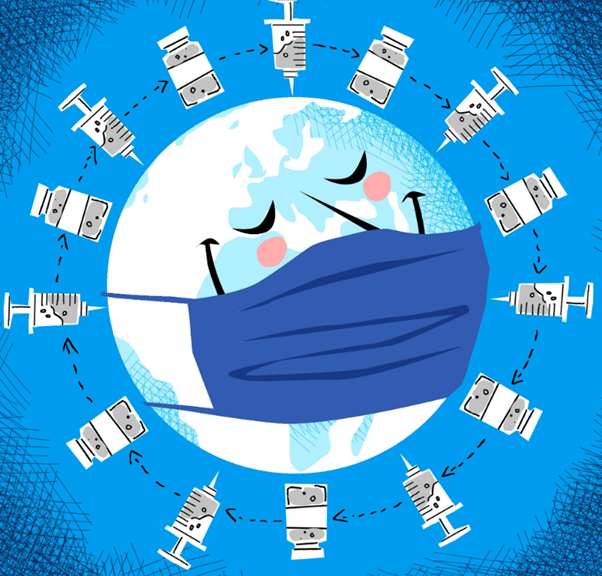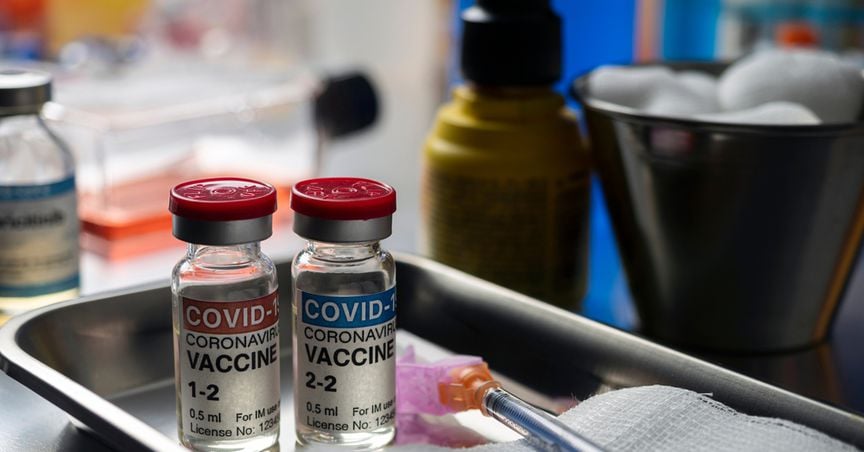Summary
- The Oxford-AstraZeneca vaccine has been temporarily suspended in South Africa.
- Vaccine developers are also trying to come out with a modified version of the jab to combat the new variant.
- Scientists have advised that the best way forward is to take a call after the final results of the study are out.
South Africa has temporarily suspended the rollout of Oxford-AstraZeneca vaccine after a study claimed that the vaccine provided minimum protection against the new Covid-19 variant detected there. These are early trail results of a new study involving nearly 2,000 people who were on an average 31 years of age. The data was revealed at a news conference on Sunday, 7 February.

Copyright © 2020 Kalkine Media Pty Ltd.
However, Professor Sarah Gilbert, lead vaccine developer at Oxford University, said that while the vaccine should still give protection against severe disease, at the same time the developers are trying to come out with an amended version of the Oxford vaccine to tackle the South African variant that will be ready for use this autumn. The variant is called 501.V2 or B.1.351 and is a dominant virus amongst a large part of the nation’s population.
In fact, scientists have advised the government to take a call only once the final results of the study are released. Earlier, Nadhim Zahawi, the South African vaccine minister, had said that a booster might be needed during the autumn season to combat the variant. Back home in the UK, more than 100 cases of this variant, which is more contagious than the earlier one, have been found till now.
Early trail results
The study outlining the early trials has suggested that there is a reduced efficacy against some of the new virus variants. It was jointly conducted by the Oxford University and the University of the Witwatersrand, South Africa.
In fact, the Oxford vaccine offered minimal protection against a moderate disease caused by the South African variant. So, it looks like that while the total number of infections may not fall, but protection does exist against the severe disease, hospitalisation, and death, said Professor Gilbert.
However, the last call should only be taken once the hard numbers from the study are published. If people still get stick, even if mildly, after taking the shot then they can spread the virus. This would mean that bringing down the overall infection rate would be tough.
Moreover, the study has been conducted mainly on young adults till now, so the impact of the vaccine on the elderly and more vulnerable is yet to be seen.
Other vaccines
The trials of vaccines from Janssen and Novavax have also depicted a drop in performance with regards to the South African variant.
Results from early trails of the BioNTech- Pfizer vaccine showed that it offered protection against the new virus variants.
Similarly, the early results from the Moderna vaccine have suggested effectiveness against the South African variant.
With all this, at least one thing is for sure -- the pandemic would find ways to continue to spread, even in the vaccinated population. But at the same time, the vaccines would ease the toll on the national healthcare systems.






